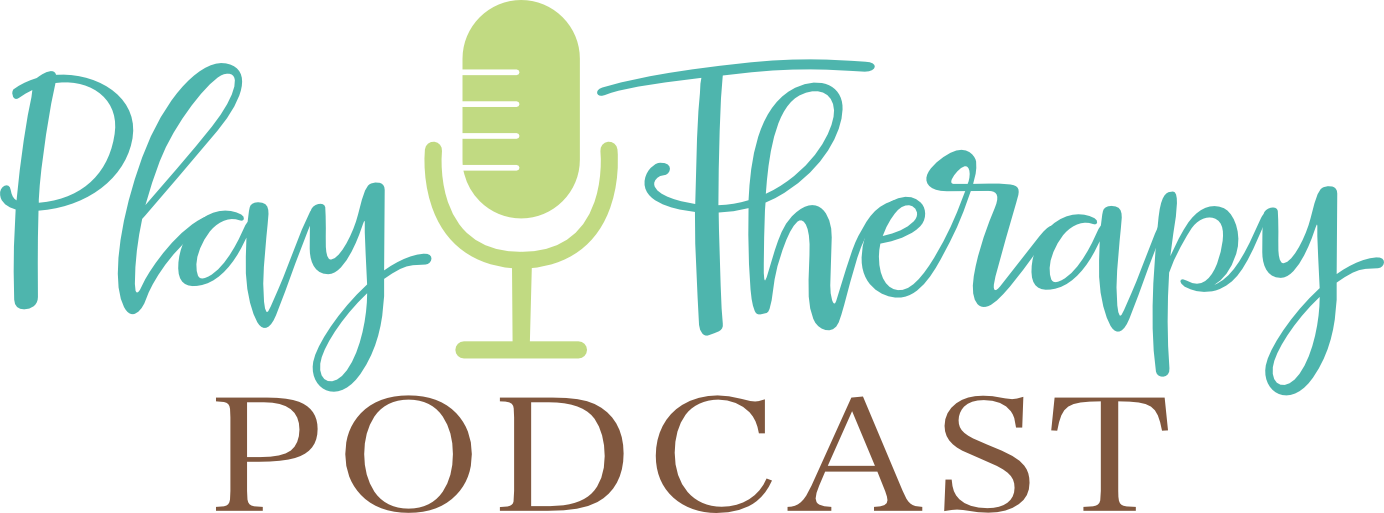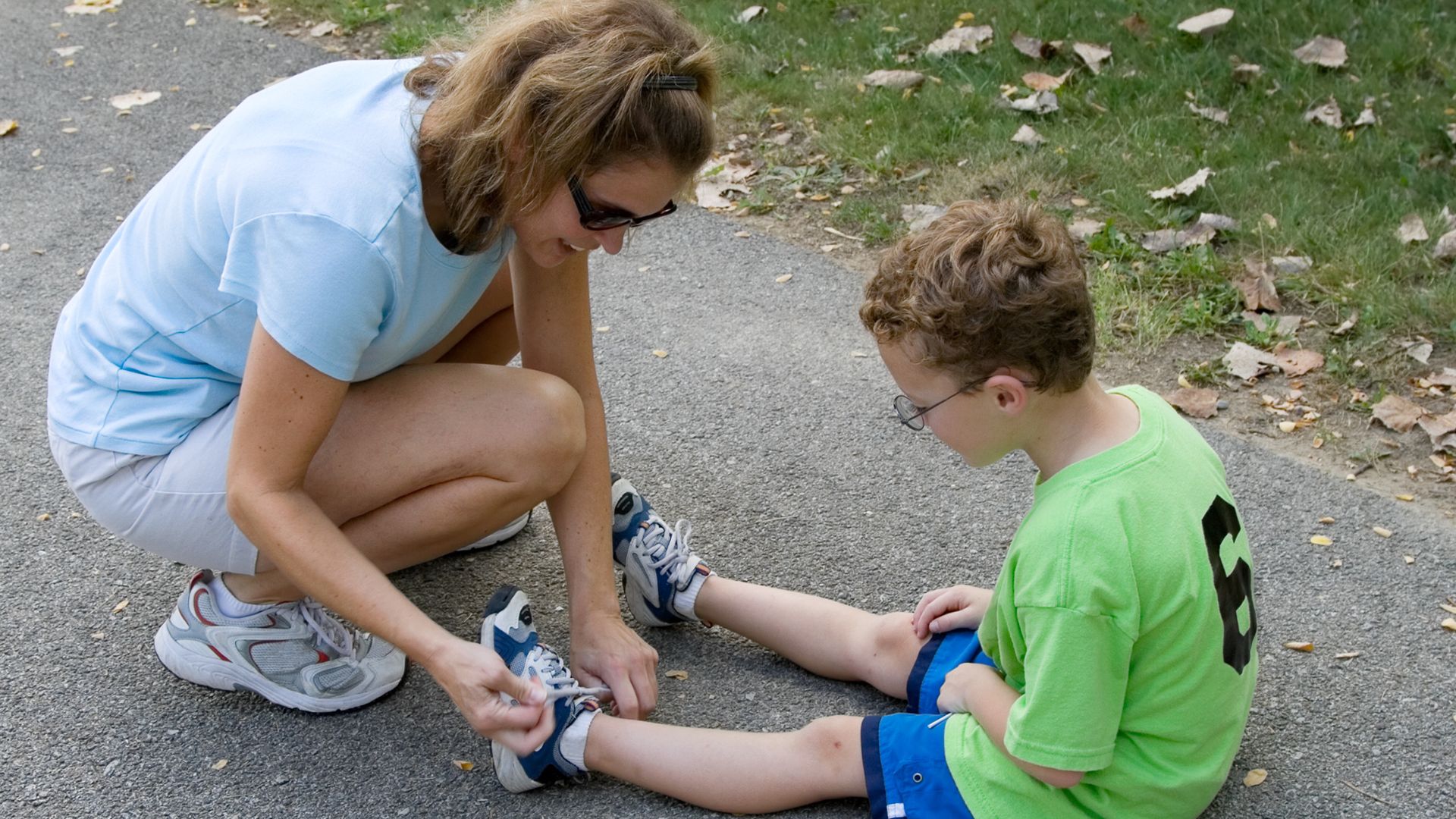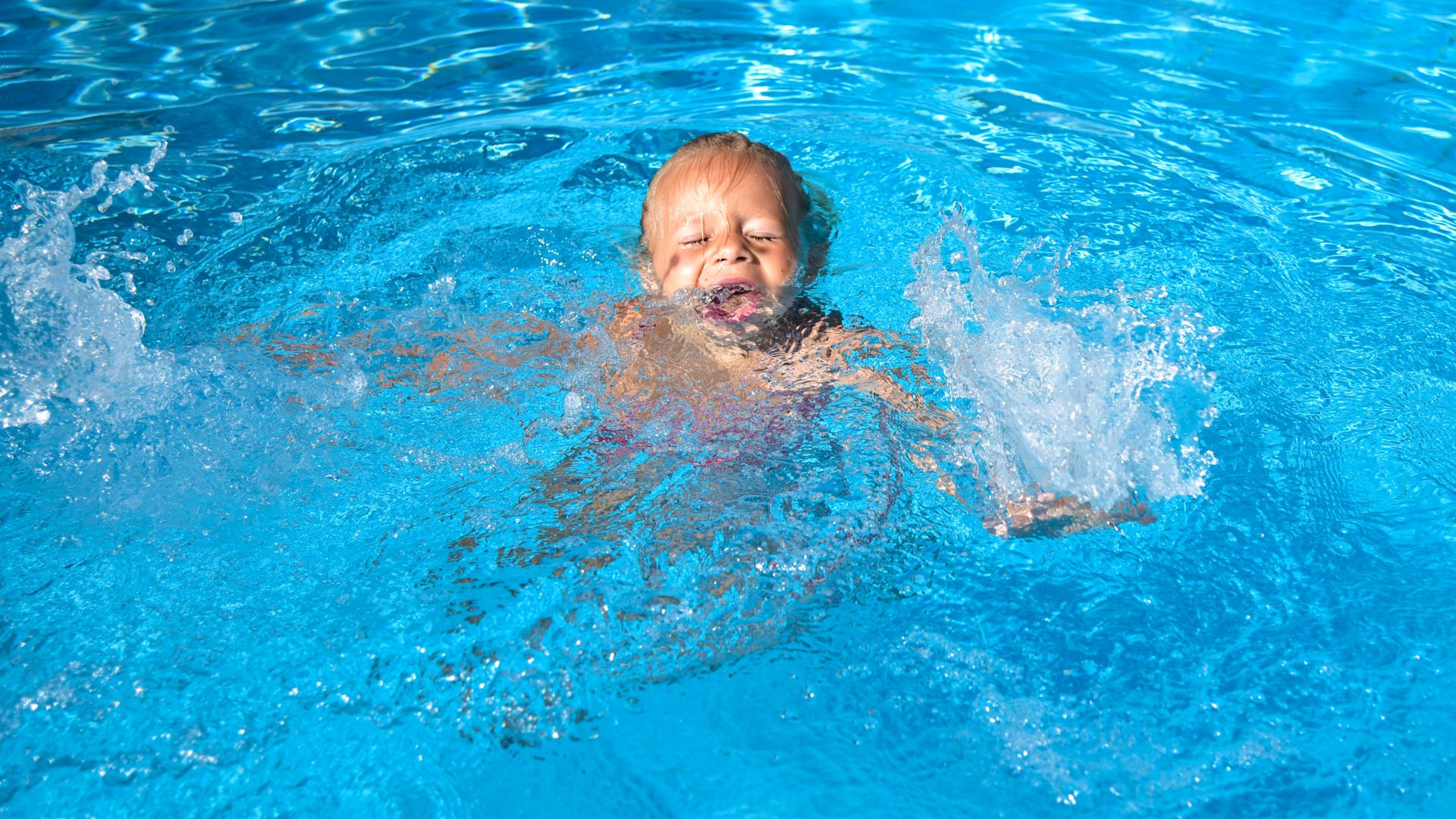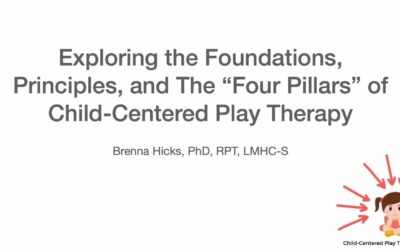Applied Play Therapy
Encourage Creativity And Freedom… With Freedom Comes Responsibility
In this episode, I go over the last of the encouragement principles, "Encourage Creativity And Freedom... With Freedom Comes Responsibility" My three main points for this principle are: - The child's autonomy - Actions have consequences - Self-regulation Podcast HQ:...
Never Do For A Child That Which They Can Do For Themselves
This is the third of four encouragement principles, "Never Do For A Child That Which They Can Do For Themselves." Podcast HQ: https://www.playtherapypodcast.com Play Therapy Training HQ: https://www.playtherapynow.com Email me: [email protected] Follow me on...
Encourage The Effort, Rather Than Praise The Product
The second encouragement principle "Encourage The Effort, Rather Than Praise The Product." In this episode I will go over this principle and specifically touch on the following topics: - The difference between encouragement vs praise - The difference between an...
When There Are No Limits, There Is No Security
In this episode, I cover the last of the limit setting principles. Limit setting provides the security in which the relationship thrives. Podcast HQ: https://www.playtherapypodcast.com Play Therapy Training HQ: https://www.playtherapynow.com Email me:...
If You Can’t Say It In Ten Words Or Less, Don’t Say It
In this episode I go over the 3rd limit setting principle, "If you can't say it in ten words or less, don't say it." Not only is this really important for therapists during limit setting, but it helps to know how to articulate this to parents as well. Podcast HQ:...
Limits Are Not Needed Until They Are Needed
In this episode, we cover the second of the limit setting principles, "limits are not needed until they are needed." This comes straight out of the CPRT training by Landreth & Bratton, with some practical application and stories from my playroom. Podcast...
Noticing The Child Is A Powerful Builder Of Self-Esteem
In this episode, I go over the first of the encouragement principles... "Noticing The Child Is A Powerful Builder Of Self-Esteem" Topic I address: - Attention is everything - Kids being "lost in the sea of life" - Self-fulfilling prophesy Podcast HQ:...
When A Child Is Drowning, It’s Not The Time To Teach Them To Swim
In this episode, I cover the first of the Limit Setting principles, "When A Child Is Drowning, It's Not The Time To Teach Them To Swim." This principle comes out of the CPRT training. What I mean by that is, when a child is "drowning", emotionally, it's not the time...
Big Choices For Big Kids, Little Choices For Little Kids
This episode is the last of the choice giving principles. This principle comes straight out of the Landreth/Bratton CPRT curriculum. Topics I discuss in this episode are: - Age appropriateness of choices - How many choices you provide - The responsibility that comes...
One Of The Best Things You Can Communicate To A Child Is That They Are Competent
This episode is a play therapy principle linked to choice giving skill. Topics in this episode: - Confidence-confidence spectrum - The playroom is the "antidote" to a child's negative inputs - Self-fulfilling prophesy Podcast HQ: https://www.playtherapypodcast.com...
Empower Kids By Giving Them Credit For Decisions
In this episode we dive into the first of the choice-giving principles of play therapy, "Empower kids by giving them credit for their decision" (Landreth/Bratton) Podcast HQ: https://www.playtherapypodcast.com Email me: [email protected] Follow me on Twitter:...
Feelings Are Always Valid, Even If The Behavior Is Not Acceptable
In episode #24 we are continuing with the "principles" of play therapy topics. The principle "Feelings Are Always Valid, Even If The Behavior Is Not Acceptable" connects with reflective responding (the first of the "4 Pillars" of play therapy), and is essential to...
Reflecting Feelings Helps The Child Feel Understood, Lessens Anger, And Diffuses Intensity Of Emotion
In this episode, I do a deep dive into an aspect of "why" you reflectively respond (track behavior, reflect feelings, reflect content). I discuss three outcomes that should give you a better understanding of the principle behind reflective responding, and a goal for...
If You Know Enough To Ask A Question, Then You Know Enough To Make A Statement
Another "Principle of Play Therapy"... "If You Know Enough To Ask A Question, Then You Know Enough To Make A Statement." Questions put children in their heads, but children live in their hearts. How do we reflectively respond without asking questions? This principle...
Questions Put Kids In Their Minds, But Kids Live In Their Hearts
We're now moving from the "4 Pillars of Play Therapy", or the skills that we use in the playroom, to the "principles" of play therapy. The first principle comes from the Child Parent Relationship Therapy manual by Landereth & Bratton, "Questions Put Kids In Their...
(Part 4 of 6) Foundations, Principles, and The “Four Pillars” of Child-Centered Play Therapy
This is the fourth of a six part series from a FAPT conference workshop. In this fourth part, I go over Applied Play Therapy, which includes: Be With Attitudes, Reflective Responding, "I Wonder" Statements, Returning Responsibility, and Relationship Preserving....
















